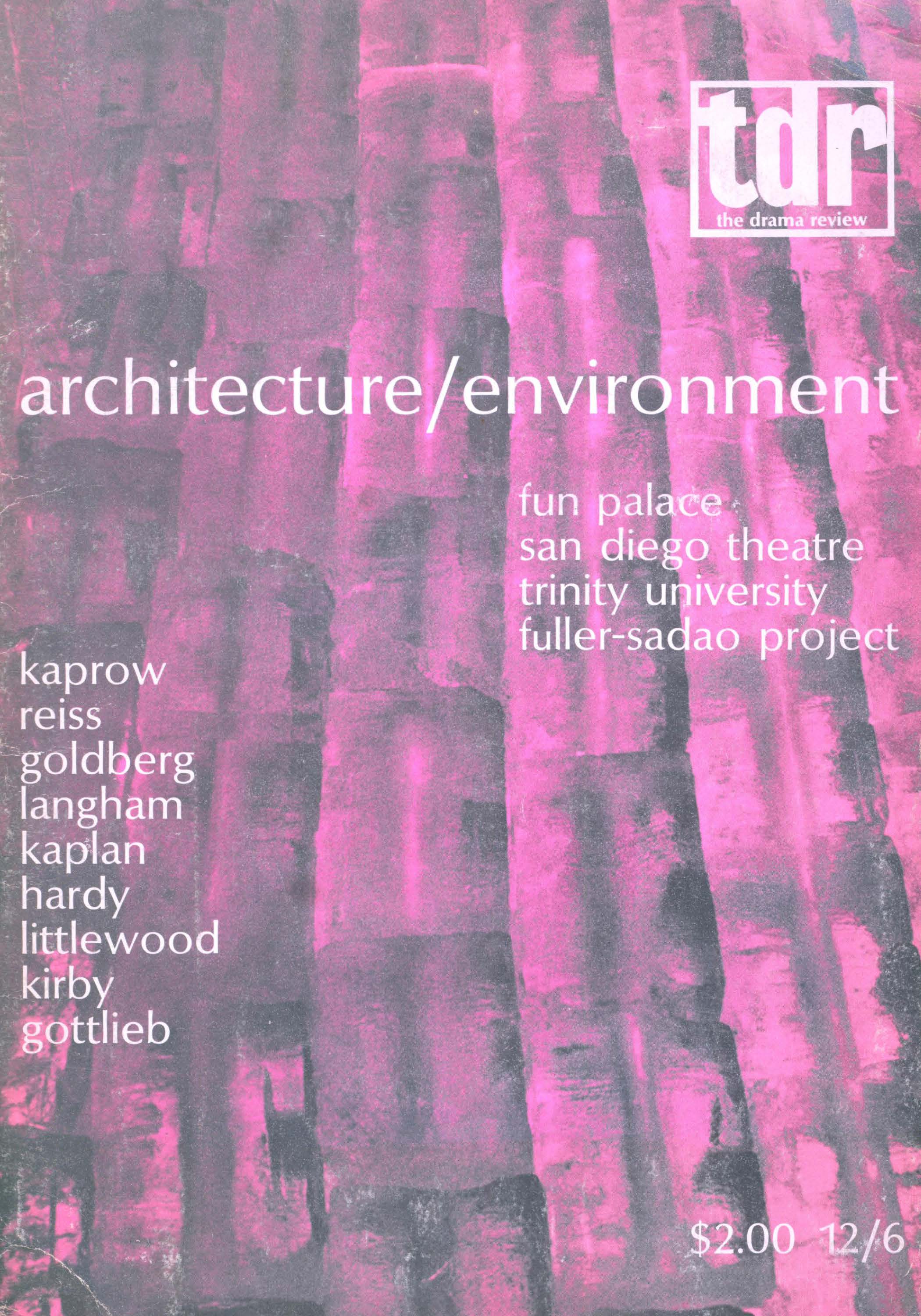Criticism: Four Faults
Published online by Cambridge University Press: 07 December 2021
Extract
Theatrical criticism, as we know it, is primitive and naive, arrogant, and immoral. We accept that this should be so because it always has been so. Mental and cultural inertia justifies nothing, however. Criticism should be changed.
There are two aspects to criticism: the passing of value judgments and analysis. It is the former that will be questioned here. Indeed, the word “criticism” will be used to refer specifically to the act of publishing statements of value. (One definition given by Webster is “a finding fault; censuring; disapproval.”) Thus, the evaluative and analytical functions will be considered as separate and distinct; “analysis” will be opposed to “criticism” rather than being included in it. In these terms, it is not merely a change that will be asked of criticism. Criticism as value judgment is a harmful anachronism and should be eliminated completely.
- Type
- Criticism Section
- Information
- Copyright
- Copyright © 1974 The Drama Review
Footnotes
The title sketch by Honoré Daumier is of an audience in the 1800's. Courtesy New York Public Library Picture Collection.
- 1
- Cited by


